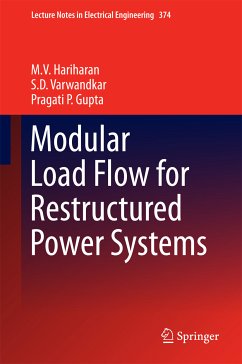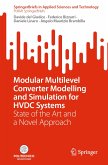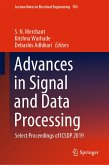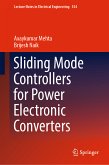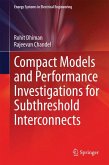In the subject of power systems, authors felt that a re-look is necessary at some conventional methods of analysis. In this book, the authors have subjected the time-honoured load flow to a close scrutiny. Authors have discovered and discussed a new load flow procedure - Modular Load Flow. Modular Load Flow explores use of power - a scalar - as source for electrical circuits which are conventionally analysed by means of phasors - the ac voltages or currents. The method embeds Kirchhoff's circuit laws as topological property into its scalar equations and results in a unique wonderland where phase angles do not exist! Generators are shown to have their own worlds which can be superimposed to obtain the state of the composite power system. The treatment is useful in restructured power systems where stakeholders and the system operators may desire to know individual generator contributions in line flows and line losses for commercial reasons. Solution in Modular Load Flow consists of explicit expressions which are applicable with equal ease to well-conditioned, ill-conditioned and very low voltage situations. It is found to be computationally much faster than the iterative load flows and indicates promise for online application. Indian blackouts of July 30 and 31, 2012 are analysed using an equivalent grid network to indicate its utility. Besides its ability to deal with ground reality in power systems, Modular Load Flow points to a theory that unveils interesting mathematical structures which should entice avid researchers.
Second author has had first author as teacher and third author as student. The lecture notes therefore reflect ethos of three generations of teachers.
Dieser Download kann aus rechtlichen Gründen nur mit Rechnungsadresse in A, B, BG, CY, CZ, D, DK, EW, E, FIN, F, GR, HR, H, IRL, I, LT, L, LR, M, NL, PL, P, R, S, SLO, SK ausgeliefert werden.

